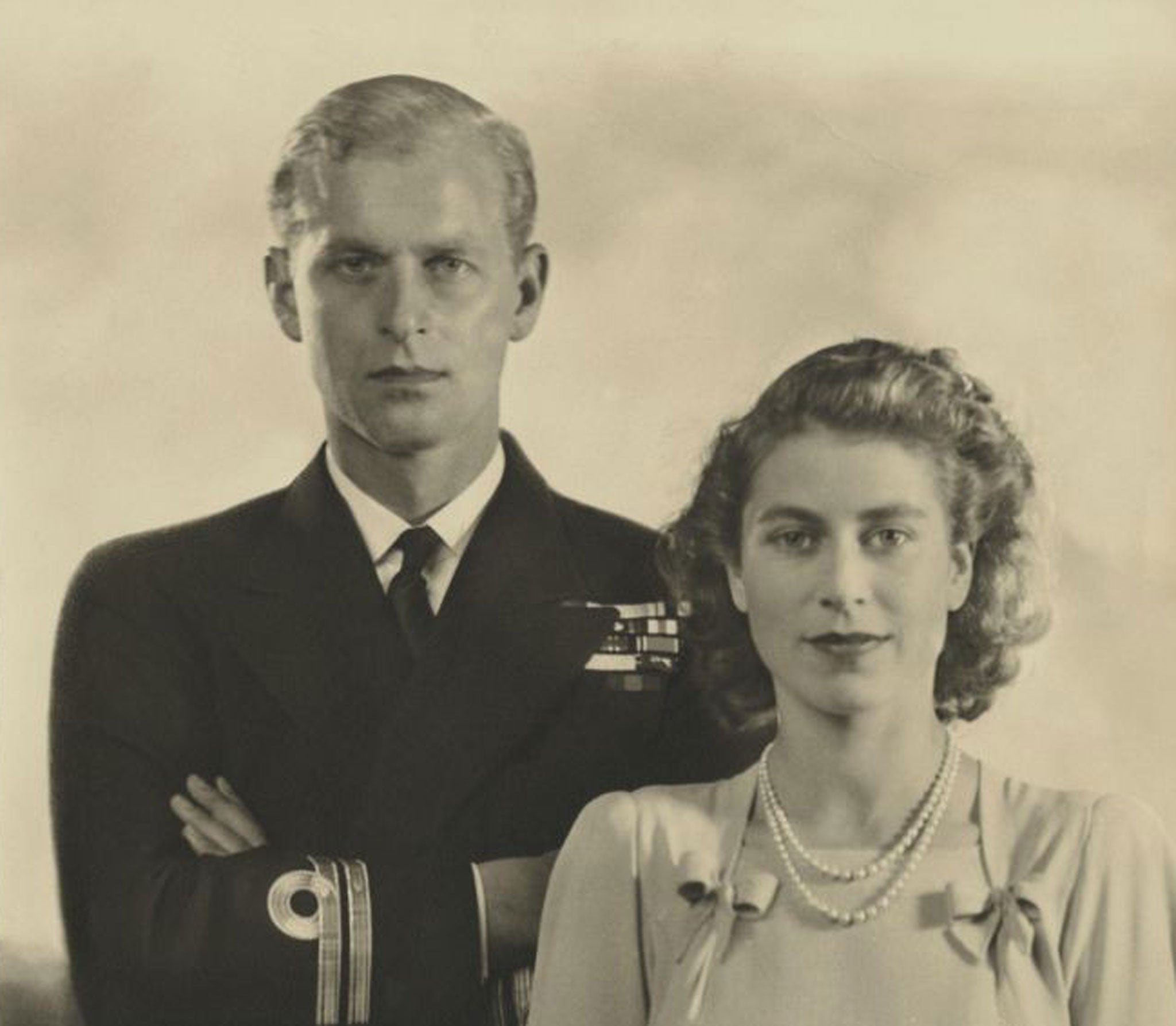Prince Philip: The Plot To Make a King, TV review: How a pariah became a prince
The Channel 4 programme was interesting both as a biography of this eccentric royal and as a record of the behind-the-scenes machinations of an influential 20th-century figure

Your support helps us to tell the story
From reproductive rights to climate change to Big Tech, The Independent is on the ground when the story is developing. Whether it's investigating the financials of Elon Musk's pro-Trump PAC or producing our latest documentary, 'The A Word', which shines a light on the American women fighting for reproductive rights, we know how important it is to parse out the facts from the messaging.
At such a critical moment in US history, we need reporters on the ground. Your donation allows us to keep sending journalists to speak to both sides of the story.
The Independent is trusted by Americans across the entire political spectrum. And unlike many other quality news outlets, we choose not to lock Americans out of our reporting and analysis with paywalls. We believe quality journalism should be available to everyone, paid for by those who can afford it.
Your support makes all the difference.Oh, Prince Philip! What a card! Or perhaps you feel the 94-year-old king consort is a living, breathing argument for the immediate abolition of the monarchy? Either way, there's no denying his regular gaffes keep us all on our toes. Prince Philip: the Plot to Make a King was therefore interesting both as a biography of this eccentric royal and as a record of the behind-the-scenes machinations of an influential 20th-century figure. Not Philip, obviously, but his maternal uncle, Lord "Dickie" Mountbatten, the man who brought the royal couple together, as revealed by recently unearthed documents.
Now that we've all seen those images of the young Queen Elizabeth II giving a "Heil Hitler" salute on the front page of The Sun, the revelation that her husband also had connections to the Third Reich – as, in fact, did many British aristocrats of the period – didn't come as such a surprise.
Still, the photographs of a young Philip flanked by Nazi officers during his sister Cecilie's 1937 funeral were illuminating, as was the account of his early childhood in Greece and Paris. Poor Philip was only nine years old when his mother was carted off to an asylum and his father left his children and moved to the south of France to live with a mistress, whereupon Philip was enrolled in a Scottish boarding school, then Dartmouth Naval College and taken under the wing of his colourful uncle.
So how did the young midshipman come across? The word "Adonis" was chucked around rather too liberally by some of these talking heads, but you know how fawning royal biographers can be. More interesting was the account of Mountbatten's ingenious and strenuous efforts to ingratiate his nephew with the British establishment.
He never wasted an opportunity to advance his scheme within the hearing of any influential person and, crucially, suggested that Prince Phillip adopt Mountbatten as his surname. Because if ever a name were a tad too German-sounding, it's probably Schleswig-Holstein-Sonderburg-Glücksburg. Yet, still, the senior royals turned their noses up. "He was rather like Princess Diana when she first came into the royal compound," observed historian Christopher Wilson. "He wasn't one of us."
Join our commenting forum
Join thought-provoking conversations, follow other Independent readers and see their replies
Comments